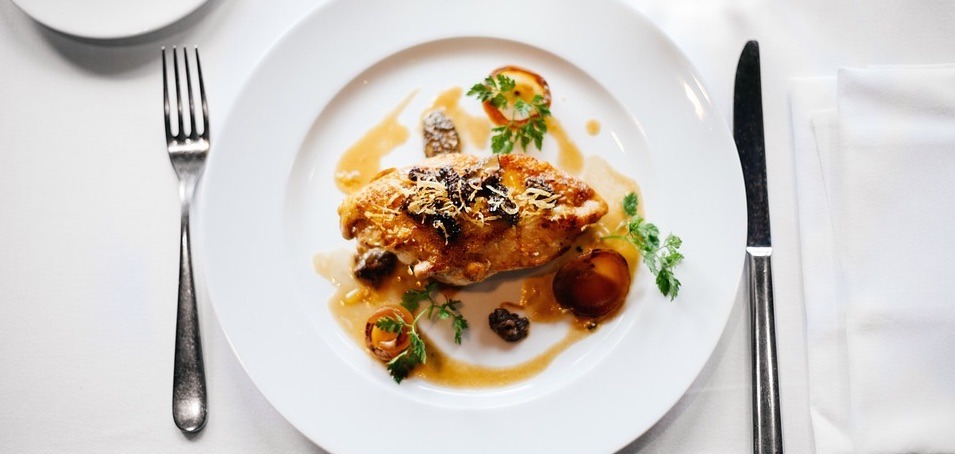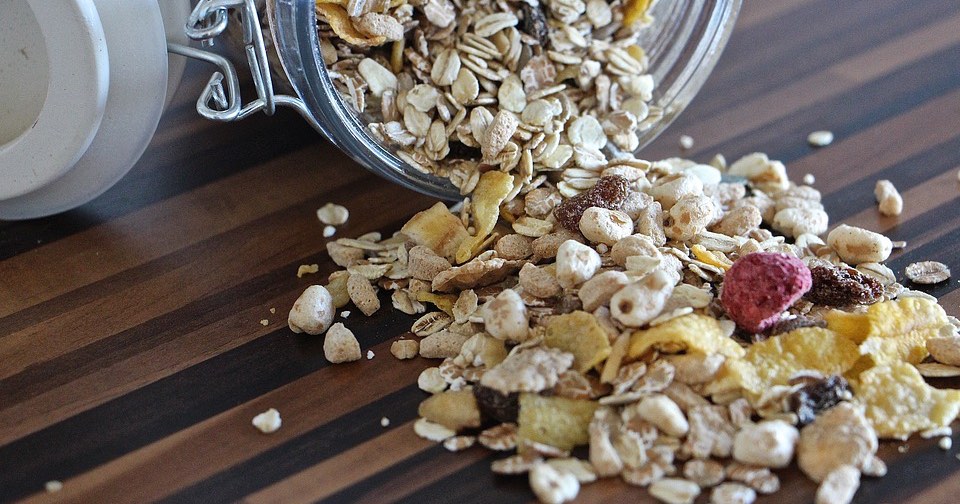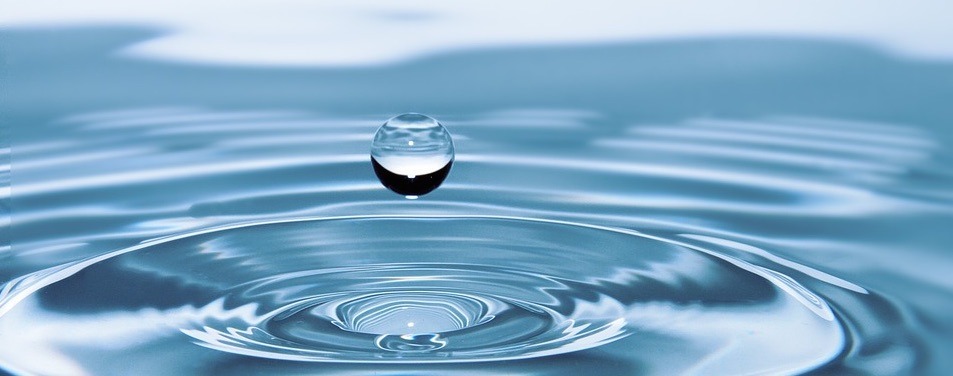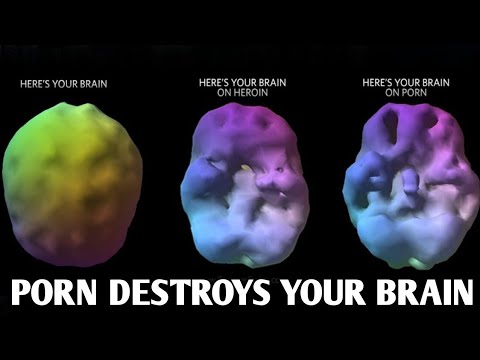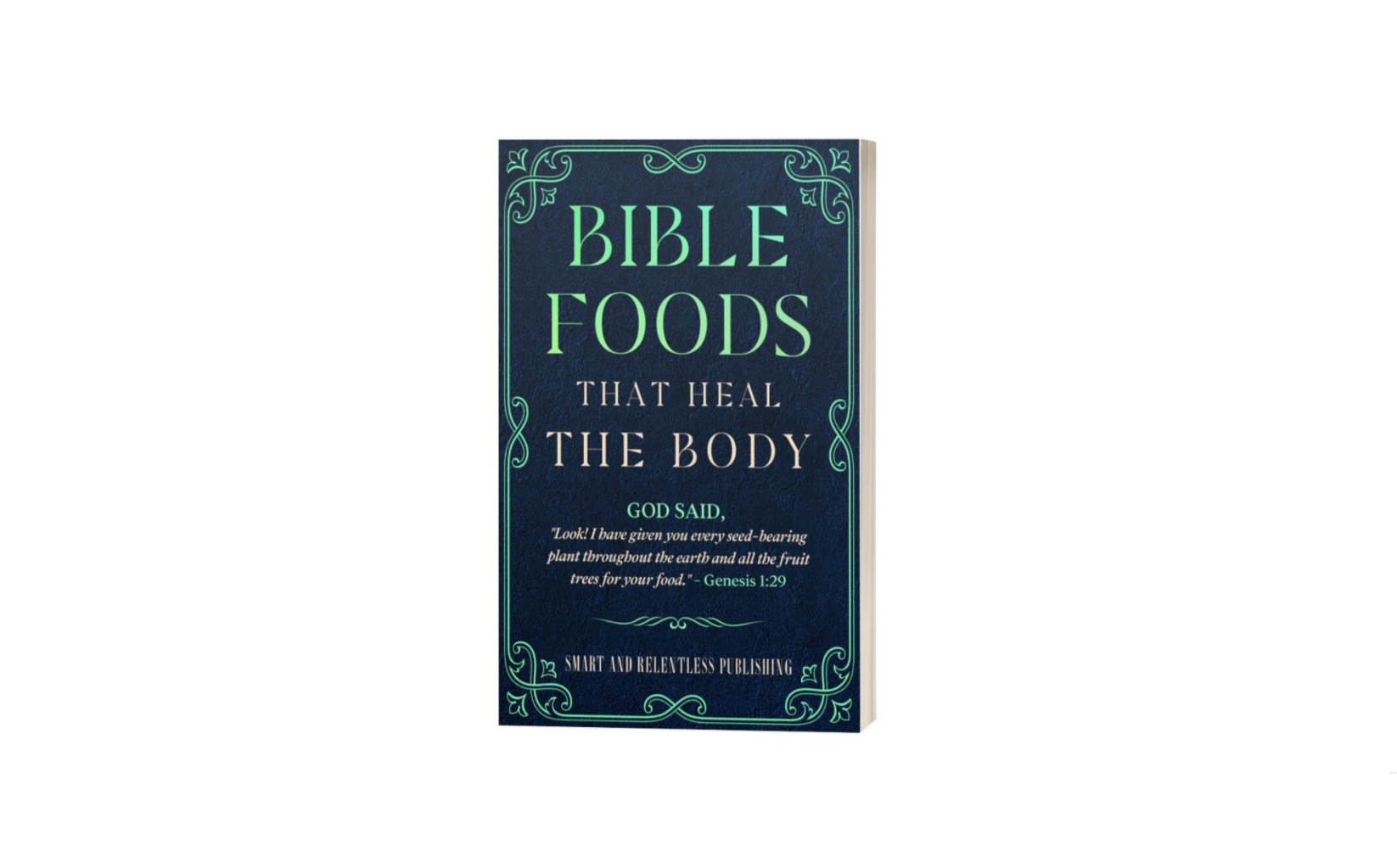Foods that give you energy to increase stamina – Tips for natural energy boosting

Be Smart and Relentless!
Subscribe to receive updates on the latest faith-based success tips, cutting-edge entrepreneurial concepts, and exciting opportunities.
We are all told on a daily basis how we should be eating. However, many of us are still struggling to follow the numerous guidelines that we are bombarded with. Especially for those who work long hours in offices and are always eating on the move, eating healthily and getting enough exercise seems a demanding task.
However, if you want to be at your best productivity and keep your energy up to ensure you work well, try to be as healthy as you can. Eating an unhealthy diet can lead to tiredness, loss of productivity, and make it harder to deal with stress. A healthy body equals a healthy mind, and by making sure you eat and live well, you can ensure your moods are good and your work doesn’t suffer.
Foods that are good for slow release of energy, keeping you alert and concentrated all day, are complex carbohydrates, low-glycemic, and low in fat and added sugar. High-sugar foods such as sweets and chocolate are just a quick-fix that give you a sudden boost of energy but then leave you feeling sluggish and tired. Although it may not always be possible to resist the temptation of office goodies, try to limit the amount of these foods you eat.
Here are some food that give you energy.
1. Breakfast
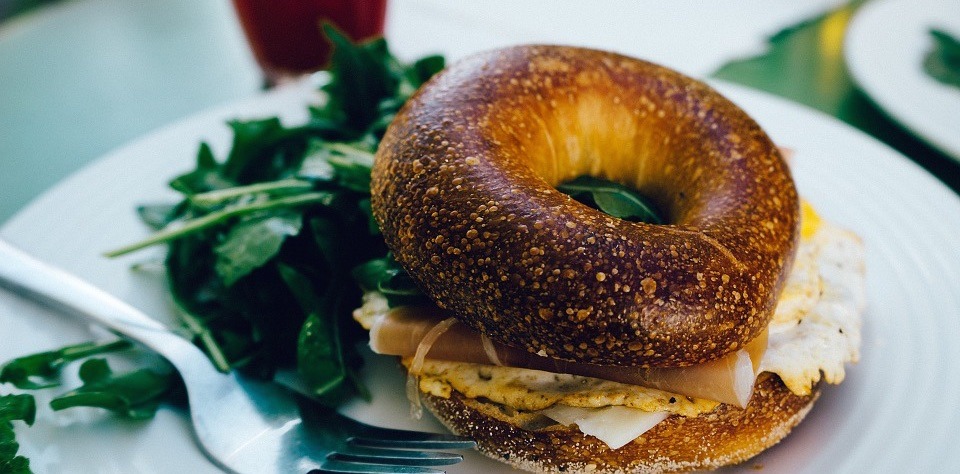
Firstly, it’ said time and time again, but the fact is it is important to eat a good breakfast. It gets your body read for the day, boosting concentration and kick-starting your energy. Without it, you’re likely to start snacking mid-morning on sugary snacks. The best foods for keeping spiking blood sugar levels at bay and avoiding any energy dips are complex carbohydrates high in fibre such as wholegrain cereals or bread. Protein is also useful to help slowly release energy, so try eating a low fat yoghurt or drinking a glass of semi-skimmed milk.
2. Lunch and dinner
If you’re eating out or on the go, it may be difficult to choose food that isn’t high in fat and sugar. Try to choose options in restaurants or shops that can help keep your energy boosted. For example, if you’re buying a sandwich, try to go for wholemeal bread rather than white.
Pasta is known to be a slow-energy releasing foods-hence it’s use by athletes. It’s low in calories, salt and fat but high in complex carbohydrates. Be sure to avoid creamy sauces, which may be loaded with fat, and try something simple and healthy like a tomato sauce.
Salmon is high in protein, and omega 3s, which can help boost concentration. Try grilling a salmon fillet and eating with steamed vegetables-quick, simple and full of goodness.
Beans are high in fibre, protein and vitamins and are very versatile. There are many different beans available and they can be incorporated into soups, salads and sauces easily.
For a balanced meal, make sure that you have lots of vegetables, a smaller amount of low-fat protein such as lean meat or fish, and a portion of carbohydrates. Starchy food such as pasta, rice and breads should make up about a third of your food intake. They are a good source of energy and nutrients.
Make sure your portion sizes are not too big. In restaurants, portions are usually much more than actually needed. Try to eat slowly and stop when you start to feel full, even if it’s tempting to finish everything on your plate.
3. Snacks
Try to avoid sugary and salty snacks, which will only leave you feeling lethargic later on. Fruits and cereal are good choices, especially bananas. They are packed with potassium, which can help muscles to minimise stiffness-great when you’ve been sitting down all day.
Easy snacks to take to work are things like dried fruit-raisins, apricots or prunes are popular choices-and nuts. They are high in energy, low in fat and easy to keep in a pot by your desk to nibble on throughout the day. Be sure to make sure you don’t buy ones with added sugar or salt. Rice cakes, which now come in a variety of sweet and savoury flavours, can also be a good choice.
Yoghurts are also an easy snack, and available in so many varieties that it’s easy to find one you like, but make sure you get one low in fat and sugar. You could also try taking chopped carrot and cucumber sticks and some cherry tomatoes to work. They are full of vitamins, help you in getting ‘five a day’ and are quick and easy to eat.
Having healthy snacks prepared and available will lessen your chances of being tempted by unhealthier snacks. If you eat regularly, your sugar levels should stay even, meaning less chance of sugar cravings.
4. Drinks
It is important to keep hydrated. If you start to be dehydrated, you will feel tired, irritable and unable to concentrate. Thirst is often mistaken for hunger, so if you feel hungry, try having a glass of water first to check. You should be aiming to drink 6-8 glasses of water a day. For some, this can be difficult to achieve. Try to keep a bottle of water with you to sip at throughout the day.
You can also up your intake of fluids by making sure you have water with your meals and unsweetened fruit juice with breakfast. Try to limit your intake of caffeinated drinks such as coffee-they may give you a temporary energy burst, but in the long run they leave you feeling more tired and less able to sleep. If you really fancy a hot drink, try herbal tea, such as peppermint, which can provide an instant energy lift.
Although it is important to eat healthily, don’t deny yourself all the things you love. The odd treat now and again won’t hurt if you are eating healthily the majority of the time!
The above does not constitute medical advice, always consult your doctor if you are considering a dramatic diet change.
Author
-
Jasmine is Product Marketing Manager at Brandwatch, passionate about making cakes and writing.
View all posts
Jasmine Jaume
Jasmine is Product Marketing Manager at Brandwatch, passionate about making cakes and writing.

Recent Posts
Related Articles
100 Benefits of Quitting Porn Addiction as a Christian
As Christians, we are called to live a life that aligns with...
ByAdminNovember 27, 2023Pornography destroys the brain! – Watch this
Author Admin View all posts
ByAdminAugust 8, 2021You can change your life in one year like i did! – How i lost 100lbs
Author Admin View all posts
ByAdminAugust 8, 2021Bible Foods That Heal The Body and Mind – Ultimate guide for beginners
Author Admin View all posts
ByAdminMarch 7, 2021

